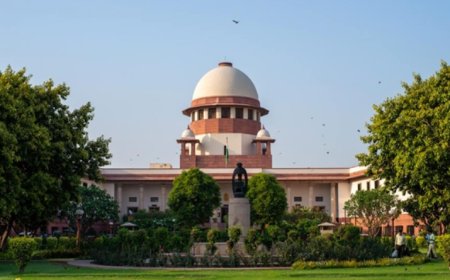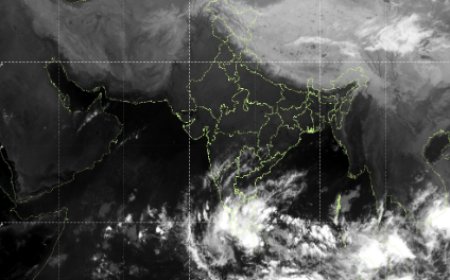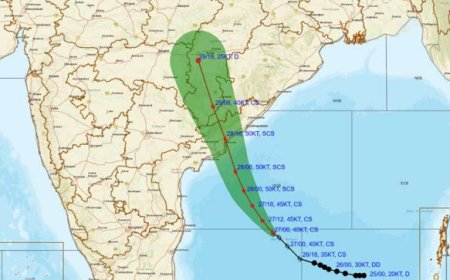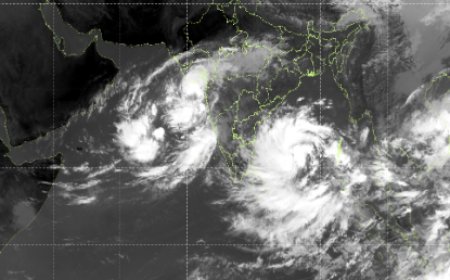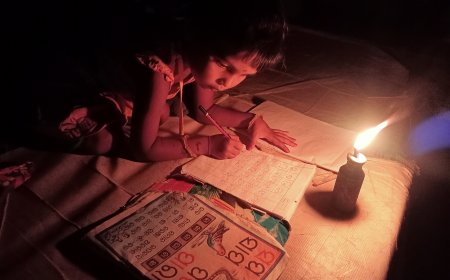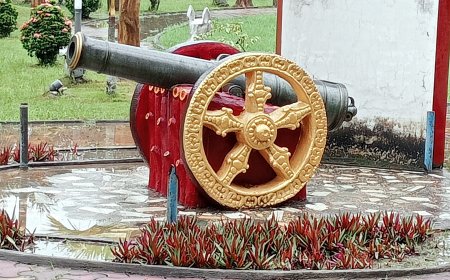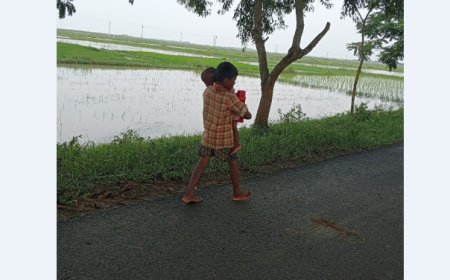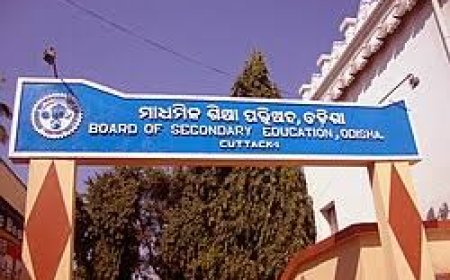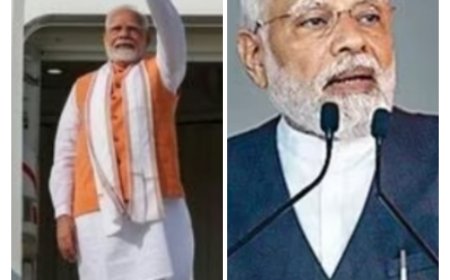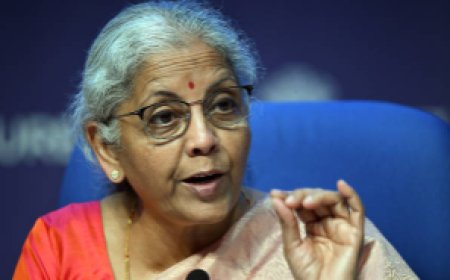The Princess of Kalinga: A Brave Student's Final Stand Against a Failing System
Sexually harassed student ends her life helplessly
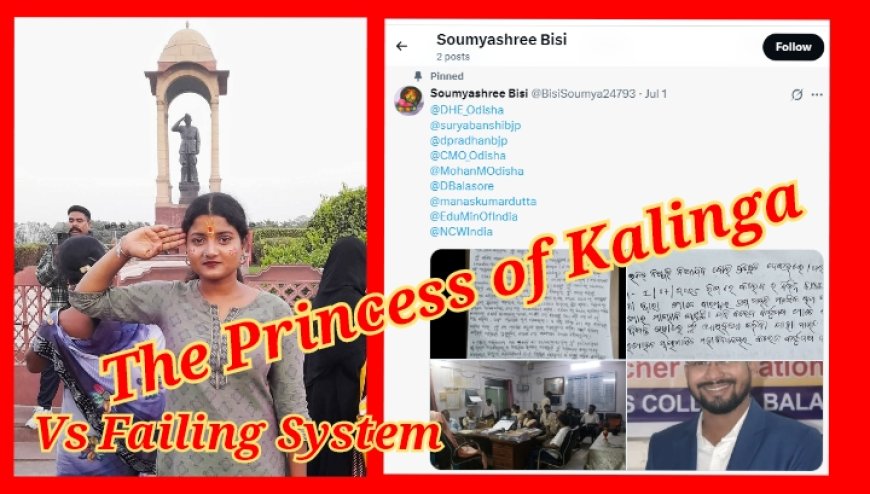
The Princess of Kalinga: A Brave Student's Final Stand Against a Failing System
CNB World Times
Balasore, Odisha | July 15, 2025 — In a heart-wrenching tale of courage, resistance, and systemic failure, a 20-year-old BEd student of Fakir Mohan (FM) Autonomous College, Balasore, succumbed to 90% burn injuries late on July 14, 2025, at AIIMS Bhubaneswar—ending a fierce personal battle against sexual harassment and institutional apathy.
Identified as Soumyashree Bisi, a second-year student, she had been requesting for justice since July 1, demanding action against Samir Kumar Sahoo, an assistant professor, she accused of repeated sexual harassment, coercion, and academic manipulation. Despite submitting multiple written complaints, no action was taken by the college administration.
On July 12, in a desperate and final act of protest, Soumyashree set herself ablaze outside the college gate in full public view. CCTV footage later confirmed the horrifying moment, which also injured a male student who tried to rescue her.
Admitted to AIIMS Bhubaneswar in critical condition, she was placed on mechanical ventilation. Both the President of India and the CM of Odisha were physically present in AIIMS and intervened to ensure that the student received the best possible treatment at AIIMS.
A team of eight doctors tried tirelessly for 55 hours, employing every form of life-saving treatment including IV fluids, antibiotics, renal therapy, and intensive care. However, she was declared clinically dead at 11:46 PM on July 14.
Her body was sent to her native village after a post-mortem, as family and friends gathered for a tearful farewell to a young woman many are now calling the “New Princess of Kalinga”—a title that draws from Odisha’s historic resistance led by women, including against Emperor Ashoka.
Soumyashree's digital trail tells a deeper story. She had repeatedly raised her voice on Twitter (now X), tagging key authorities such as:
· DHE_Odisha (Department of Higher Education),
· CMO_Odisha (Chief Minister’s Office),
· MohanMOdisha (Odisha CM Mohan Charan Majhi),
· EduMinOfIndia (Union Education Ministry),
· NCWIndia (National Commission for Women),
· And prominent political figures like @dpradhanbjp and @SuryabanshiBJP.
Each time, her posts were laced with urgency—and a haunting warning that she would resort to self-immolation if denied justice. No intervention came in time.
Following her death:
· The accused professor was arrested and suspended after preliminary investigation confirmed prima facie misconduct.
· The college principal, Diliip Ghosh, was suspended and later arrested under case no. 229/2025 for negligence and failure to act on her complaints.
· The Odisha Higher Education Department called the college’s actions “gross negligence” and formed an inquiry committee, which submitted a mid-term report within four hours.
Public and political reactions have been intense. On Tuesday morning, Congress workers protested outside AIIMS, demanding justice and structural reforms. They were later detained by police. Protests are expected to grow in the coming days, as women's groups, student unions, and political parties mobilize across the state and at the national level.
Chief Minister Mohan Charan Majhi has vowed strict action and assured justice. However, questions loom large: Why did the system ignore her repeated cries? How did multiple institutions—from college authorities to government bodies—fail to respond?
Her story is not just about a student’s tragic end, but a brutal reflection of a system that silences rather than supports survivors. While fight against injustice and protests will follow, and media will run breaking headlines, the loss of this brave young woman—who stood alone for dignity and justice—will remain a lasting scar on the conscience of the state.
Soumyashree Bisi is no longer just a name, she is a symbol—of resistance, of truth, and of the cost a woman still pays to speak out in India.
What's Your Reaction?








